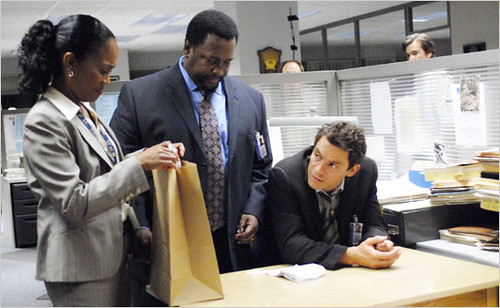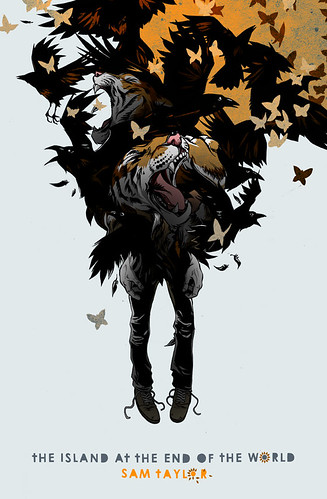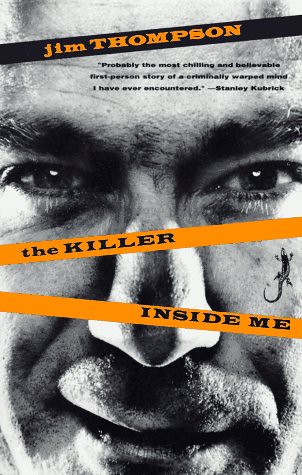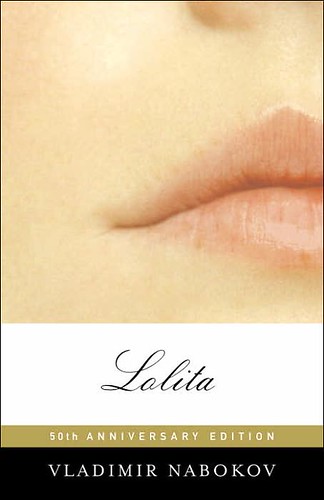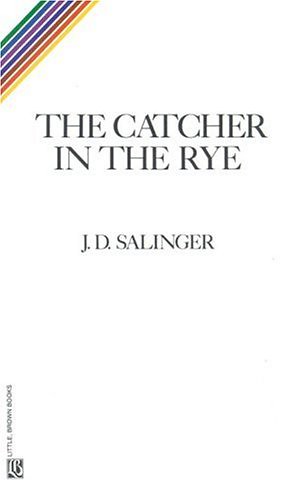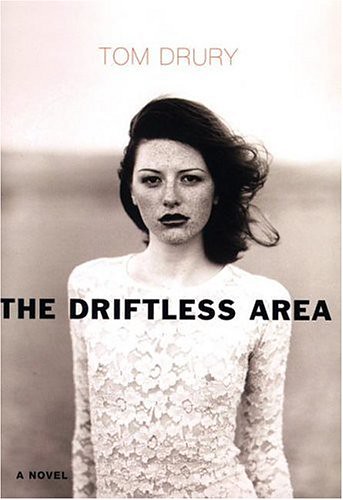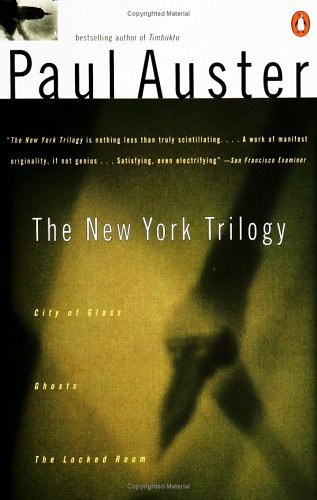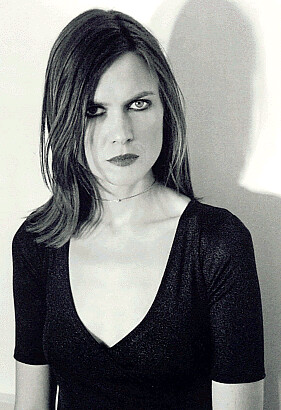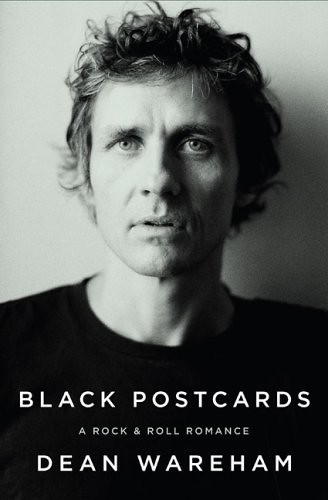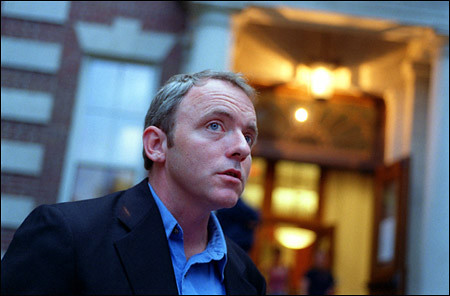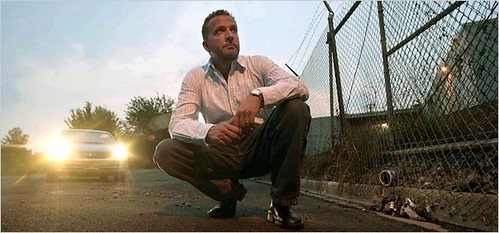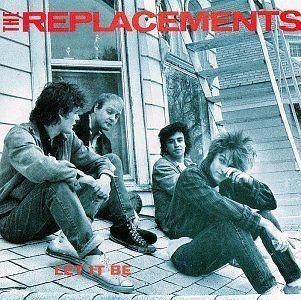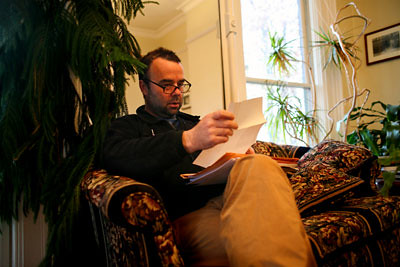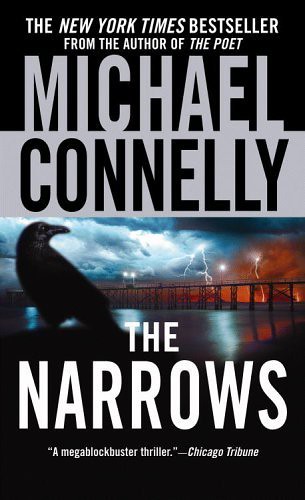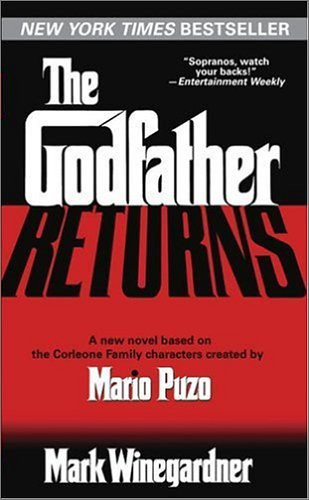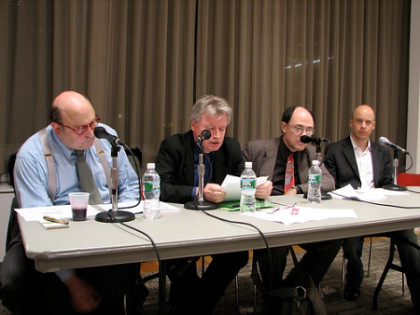
So Cake Man asked me to write a movie review for Miracle at St. Anna, the new Spike Lee joint. I haven't written a movie review since my high school newspaper days. Training Day was the last one if I remember correctly. I'm pretty sure I gave it a B+. I know, who scores movies with letter grades? I guess you could say it was fitting of the academic setting. But the review and score were fair I thought. You gotta love Denzel Washington. It would have been nice to see him in St. Anna. Not that he had to be the star or anything, maybe just a veteran soldier. I wouldn't be surprised if Spike asked, but to be honest, if he did ask, I don't think Denzel is kicking himself for not signing up.
Miracle at St. Anna is set during WWII and follows a group of four African-American soldiers who get separated from their unit and hold up in a small town in the Tuscany region of Italy. During their time there they befriend the locals, explore the reality that they are more accepted in a foreign country than in their own, and shepherd a boy whose eyes and soul bore witness to horrific events at the nearby town of St. Anna.
A common word I found in published and broadcast reviews of St. Anna is "meandering". I think use of the word is justified for two reasons. The first reason is that the movie has several awkward jumps in tone. One moment you are bearing witness to the horrors of war (I enjoyed Spike Lee taking time and care to show us dead African-American soldiers from WWII, a rare sight in film) and in another moment, seemingly without transition, you're torn between enjoying and disliking jovial, comical, and sometimes oddly spiritual banter between the main characters.
The second reason the flick wanders a bit is what I think hurts it the most. I wasn't prepared for a film that wasn't anchored more solidly to a story purpose for its characters. I won't compare it to other war movies, but I felt like the characters spent a great deal of time just hanging out, satisfied with the fact that they were representing something that had to this point been left unrepresented. I didn't necessarily need to see more gunplay or explosions, but something that would have gotten our characters to lock and load and set out to change their world. I immediately became more invested when the soldiers were given the difficult order of capturing a German soldier. The story manages to bring our main characters a German prisoner without them lifting a finger.
My next biggest gripe would have to be the score. At times it was spot on, but there were other moments where its trumpety sound almost felt like something out of classic James Bond. There were scenes that just became cartoonish, the serious energy sucked right out of it. I fond myself frequently wondering what the movie would have felt like with a different, or somewhat adjusted soundtrack.
Few other quick gripes. There were so many story elements, most of which I appreciated, but I definitely wanted a better allocation of time when it came to some. The framing story was paced well during the beginning, but deserved more time towards the end, a move that I felt would have been more rewarding to the audience. It was odd that it wasn't made clear who the protagonist from the framing story was once we moved to the war portion of the story. If you were paying close attention to detail it was there, but that was something I would expect any director to make pretty obvious up front. But then again my brother felt that it could have been intentional and part of the movie experience. I'm not sure I agree. Lastly, one of the big revelations, and the film treats it us such, came off as not so big. If you've seen the movie you know what I mean. Maybe I missed it. I hope I did.
Yeesh. Looking back on all this I wish I had spent more time talking about what I liked about the movie. I blame it on the league and all the time we spend in our meetings tearing our scripts apart. I will say this. Spike Lee set out to represent the WWII era African-American soldier on film. He did so boldly and admirably, but you can't help but get the sense as you go along that Spike is stepping way out of his element. A part of me just wishes that Spike didn't have to be the one forced to step up to do the job that nobody else seemed willing to do. WWII is one of the most molested and prodded subject matters in history. Its examination extends deep into literature, art, music, video games, and film. It's a little sad that some elements (and not only African-American soldiers) still go largely unrepresented. I could give an example, but I'm hoping it will be my breakthrough script a few years from now. Spike did his part, and I hope writers and directors down the road will do theirs. We should see a great story first, before seeing the color or gender attached.







